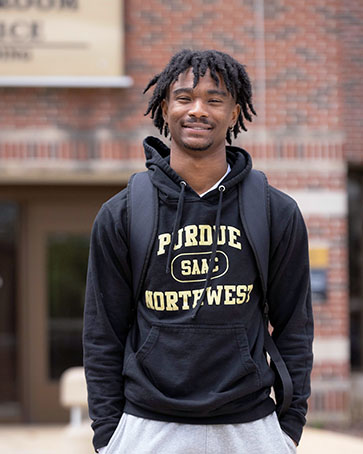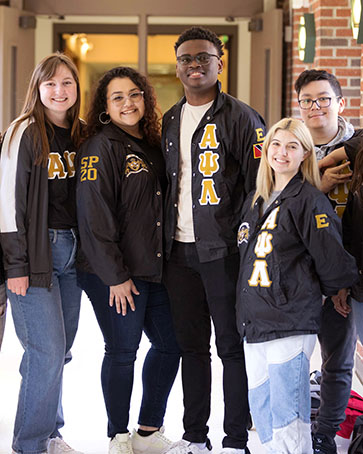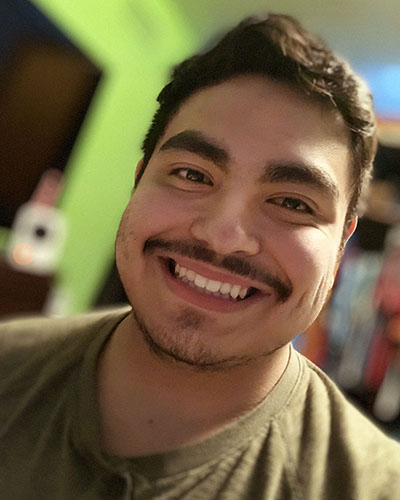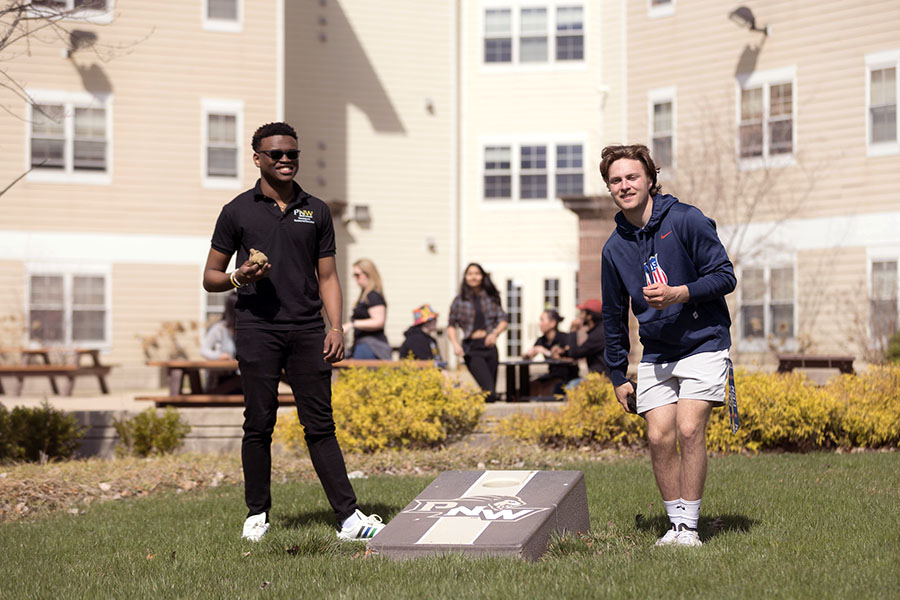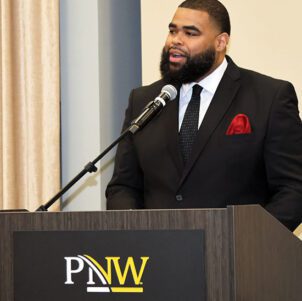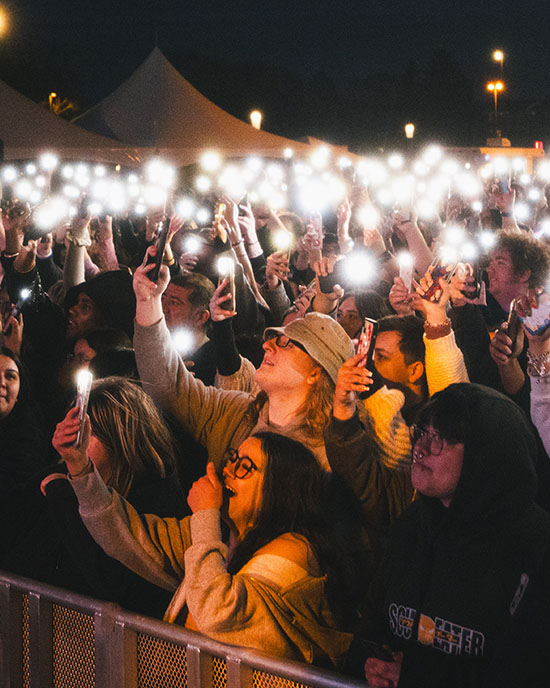
Belonging at PNW
At PNW, you will find space to be your truest self.
We offer a supportive community where you can express your individuality and thrive. You'll have the space to be authentic and genuine, both in the classroom and through extracurricular activities.
Find Your Community
Upcoming Event Highlights
Apr 24
Arab American Heritage Month Music FestivalJoin us in celebrating Arab American Heritage Month with music from diverse Arab nations and a delicious selection of Halal cuisine.
Apr 25
Roaring LoudThe PNW community can join us for a free concert as Daya comes to campus for Roaring Loud!
Places For You
Meet new people. Share your perspectives. Gather for events and study in a way that meets your schedule with our student-centered spaces in the Classroom Office Building, Dworkin Student Services and Activities Complex and more!
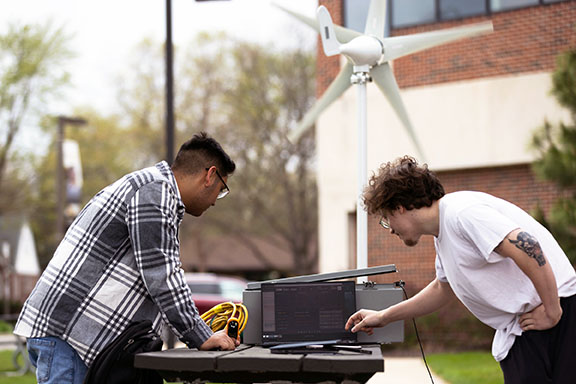
Student Life at PNW
With over 80 student organizations, intramural sports and an inclusive and welcoming campus community, PNW students have plenty of ways to get involved, make new friends and create lasting college memories.

PNW Designated as a Hispanic-Serving Institution by U.S. Department of Education
Purdue University Northwest has earned official designation as a Hispanic-Serving Institution (HSI) by the U.S. Department of Education. This designation makes PNW the largest HSI in the state of Indiana.
Student Support
We’re here to help, whether you’re discovering career opportunities, exploring counseling options or exploring accommodations.
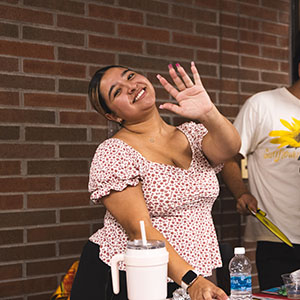
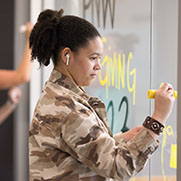
Academic Support
Meet with your advisor, schedule an appointment with the Writing Center, or seek Supplemental Instruction in core courses to build a path to independent learning and success!


